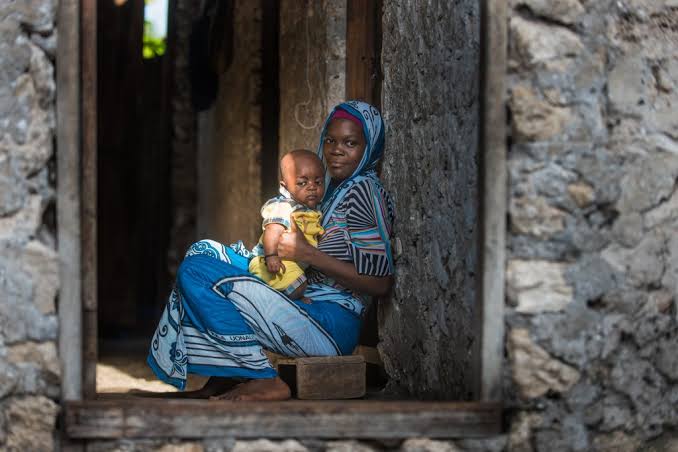
Faith Nyasuguta
Human rights activists in Nigeria have initiated a petition to halt a plan to marry off 100 girls and young women in a mass ceremony, sparking widespread outrage in the country.
The initiative, spearheaded by Abdulmalik Sarkindaji, the speaker of the national assembly in the predominantly Muslim north-western state of Niger, has faced significant criticism from various quarters, including Nigeria’s women’s affairs minister, Uju Kennedy Ohanenye.
Ohanenye has publicly condemned the plan and stated her intention to seek a court injunction to stop the ceremony, which is scheduled for next week. She also emphasized the need to determine if any of the girls are minors. “We need to ensure the protection and rights of these young women and girls, and marriage should not be forced upon them,” she asserted.

Sarkindaji explained that the girls and young women involved are orphans whose parents were killed in attacks by kidnapping gangs in northern Nigeria. He committed to paying dowries for the grooms. However, this explanation has not quelled the concerns of critics.
A petition launched on Wednesday, which has already garnered over 8,000 signatures, demands that the Niger state government prioritize the education of these girls instead of pushing them into marriage.
“We demand immediate action to halt the proposed forced marriages and to instead implement measures that will empower these girls to lead dignified and fulfilling lives,” the activists urged.
Critics have also raised alarms about the possibility of some girls being underage or being coerced into marriage for financial gain. Despite these concerns, Sarkindaji and the Imams Forum of Niger have insisted that the marriage ceremony will proceed as planned on May 24, maintaining that none of the girls are underage.
Child marriages are prevalent in the mostly Muslim north of Nigeria, where poverty levels are higher than in the largely Christian south. While the federal legal age of marriage in Nigeria is 18, individual states have the authority to set their own legal age.
In Niger state, the legal marriage age is also 18. However, Sarkindaji’s spokesperson pointed out that under sharia law, which is practiced in the state, a girl can be married once she reaches puberty.
Following a meeting on Wednesday, the Imams Forum declared its intention to take legal action against Kennedy Ohanenye if she does not retract her statement suggesting that the girls are minors.
Umar-Faruk Abdullahi, the forum’s secretary, stated on local television, “We have given the minister seven days to withdraw her statement against us, against our speaker, against the Muslim community … that we want to force them into marriage and the children are underage.”

Kennedy Ohanenye has not responded to requests for comment on the matter.
This controversy highlights the ongoing tension between traditional practices and the rights of young women in Nigeria, particularly in regions where poverty and insecurity are rampant. The outcome of this dispute could set a significant precedent for the treatment of similar cases in the future.
RELATED:




